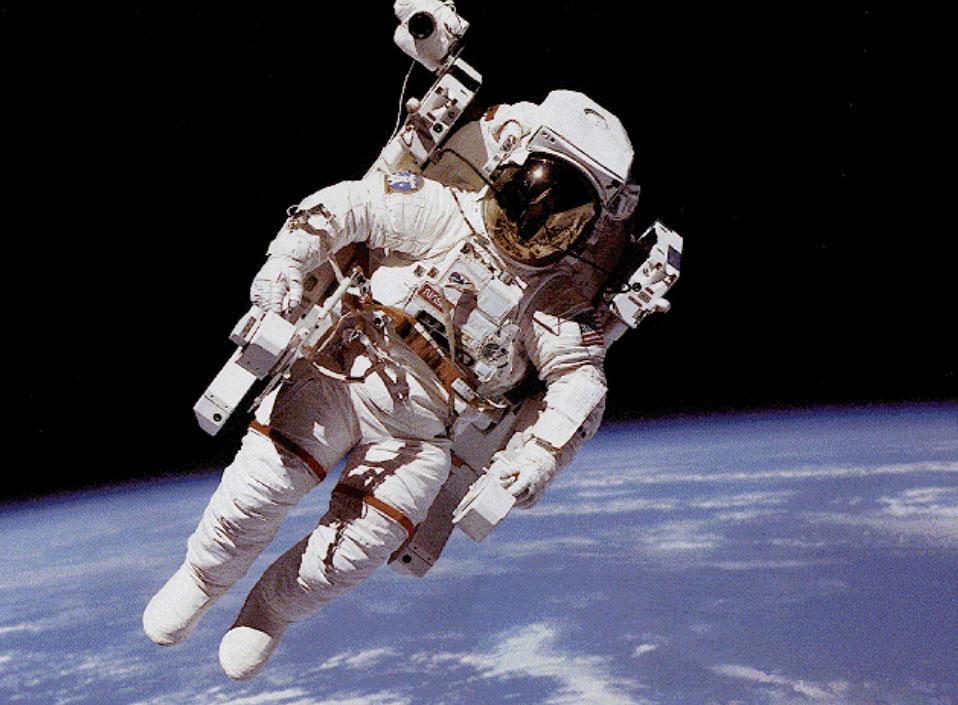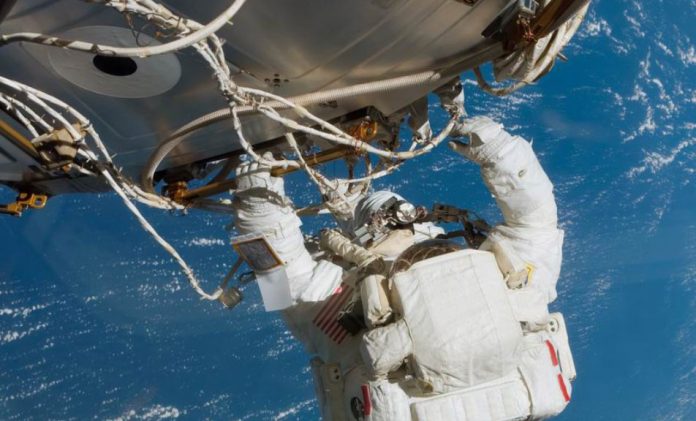Risking Health and Lives or How Much Do Astronauts Get Paid?
The dangers of being an astronaut are numerous and very tangible, not to mention that all candidates must undergo rigorous screening and training. With this in mind, it would be quite logical for an astronaut’s salary to be as high as their high-flying career. However, a typical salary is not as high as some think. Of course, a lot will depend on the space agency or company employing astronauts, years of training, and the number of flights involved. So, how much do astronauts get paid? Let’s find out.
Astronaut Salaries in Major Space Agencies Worldwide
Let’s look at how much astronauts get paid in space agencies based on their country of employment. Check out the figures below.
Astronaut salary and benefits in NASA
NASA calculates its salary based on the General Schedule ranging from GS 11 to GS 15. This translates to an annual pay between $57,000 and $147,000. The military rank of an astronaut also plays a crucial part in this equation. Besides a basic salary, US astronauts do enjoy a few tax exemptions and other military benefits. Interestingly, NASA astronaut salaries do not differ much back on Earth in training simulation and open space. Even though no one can argue the dangers of being an astronaut in space, NASA adds a few symbolic bonuses for a space mission. These bonuses are qualified as travel allowance and do not exceed $200 per mission.

Cosmonaut salary in Russia
Roscosmos has a very different approach to calculating its cosmonaut salary. Here, going to space boosts one’s salary up 120% from its original, Earth-staying value. Earth’s salary varies from $1,200 a month for beginners to $1,800 for instructors. And, of course, should lucky astronauts get chosen for an actual space mission, their astronaut salary for going to space becomes significantly more tangible.
ISRO salary in India
The Indian Space Agency probably has the lowest salary, ranging from roughly $500 to $ 1,100 monthly. However, ISRO does throw in way more perks in the form of free housing and even tuition fees for astronauts’ families, which somewhat compensates for a relatively low salary.
European Space Agency Salary
Being an astronaut in the ESA pays roughly the same as in NASA, and the European Agency also has astronaut qualifications ranging from A2 to A4 levels. These qualifications translate from 60,000 to 85,000 Euros a year in real money.
What About UK Space Agency?
It’s no secret that the UK actively invests in its space programs. You can find out more about its latest initiatives and spaceport commissioning updates on Orbital Today online magazine, but how much do UK astronauts get paid? Well, it is too early to talk about it since there are so few purely British space travelers, but the UKSA is expected to pay between 40 and 86 thousand pounds a year once the space industry is past its budding stage. So far, the only British astronaut to have traveled to space is Tim Peake, but back in 2015, he was employed by the ESA. By the way, UK Space Agency has not fully severed its ties with ESA even after Brexit, and UK citizens are still welcome to apply to all relevant ESA programs.
Have Space Salaries Always Been So Modest?
As you can see, an average astronaut’s salary can barely cover a life of luxury, even though it is more than enough to ensure a comfortable living. But have such salary figures always been the case? After all, the first astronauts should have been paid more, particularly such public figures as Apollo crew members. While it is true that Neil Armstrong remains the most famous and highest-paid astronaut up to this date, his salary at the time of the Apollo program was $27,000 a year. With an inflation rate, this figure would translate to $190,000. At the same time, modern equivalents of Buzz Aldrin and Michael Collins’ salaries stand somewhere between $130,000-120,000 per year — not much different from what NASA pays today.
Still, in the particular case of the most famous Apollo crew, astronauts had more means to make fortunes for themselves. In the day, Apollo 11 astronauts were public figures traveling across the country and giving speeches, which served as an additional source of income for this famous crew. Later, Armstrong started a job as a professor at the University of Cincinnati and served as a board director in several well-off companies. Eventually, this helped him amass well-deserved wealth.
Today, however, it is very unlikely that astronauts will become such esteemed public figures as the first Moon travelers. So, even though the job remains elite, astronaut salaries will unlikely result in such impressive fortunes or international fame.



























![“Does Everyone Hear Me OK?”: How to Lead Virtual Teams Effectively iStock-1438575049 (1) [Converted]](https://www.europeanbusinessreview.com/wp-content/uploads/2024/11/iStock-1438575049-1-Converted-100x70.jpg)




